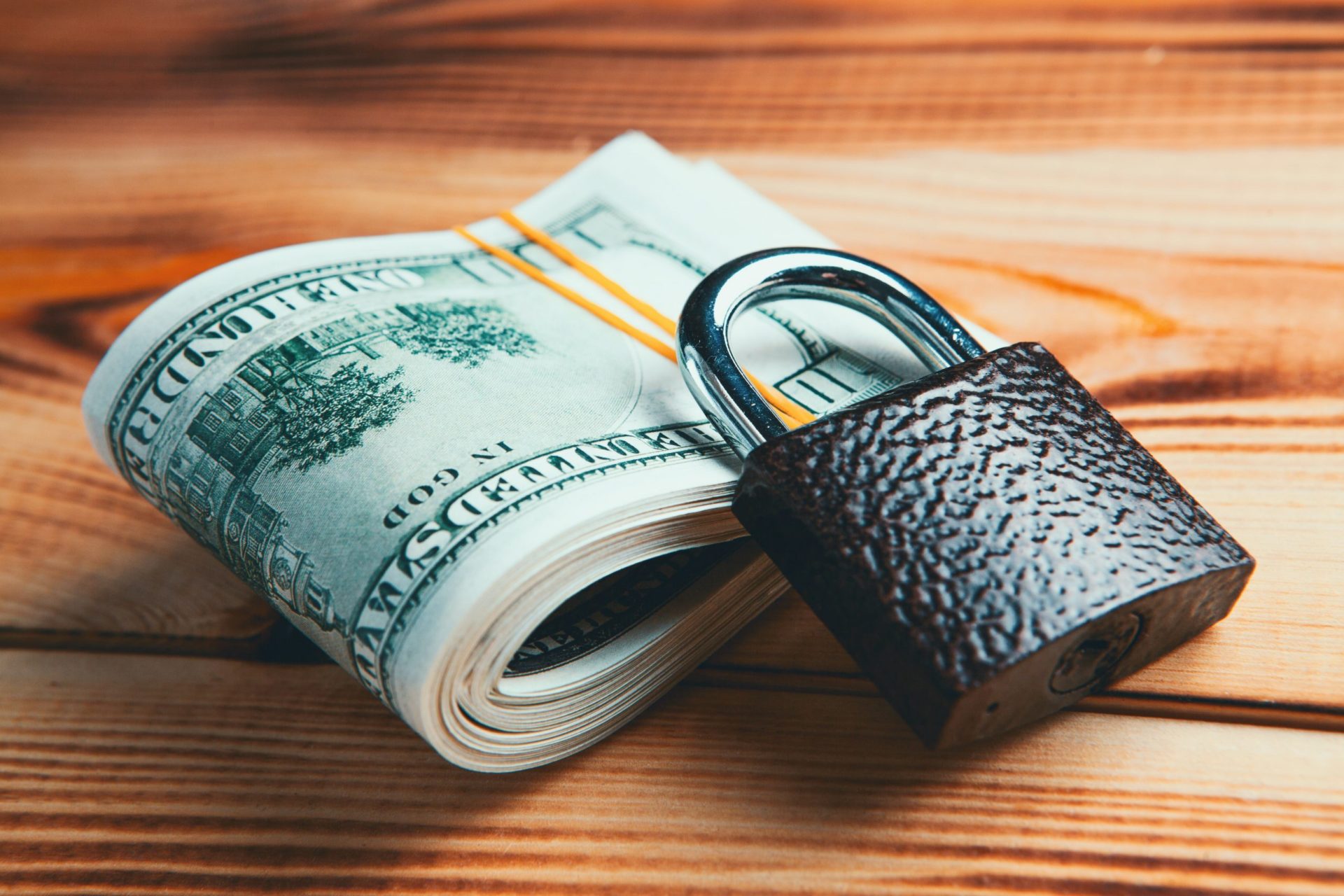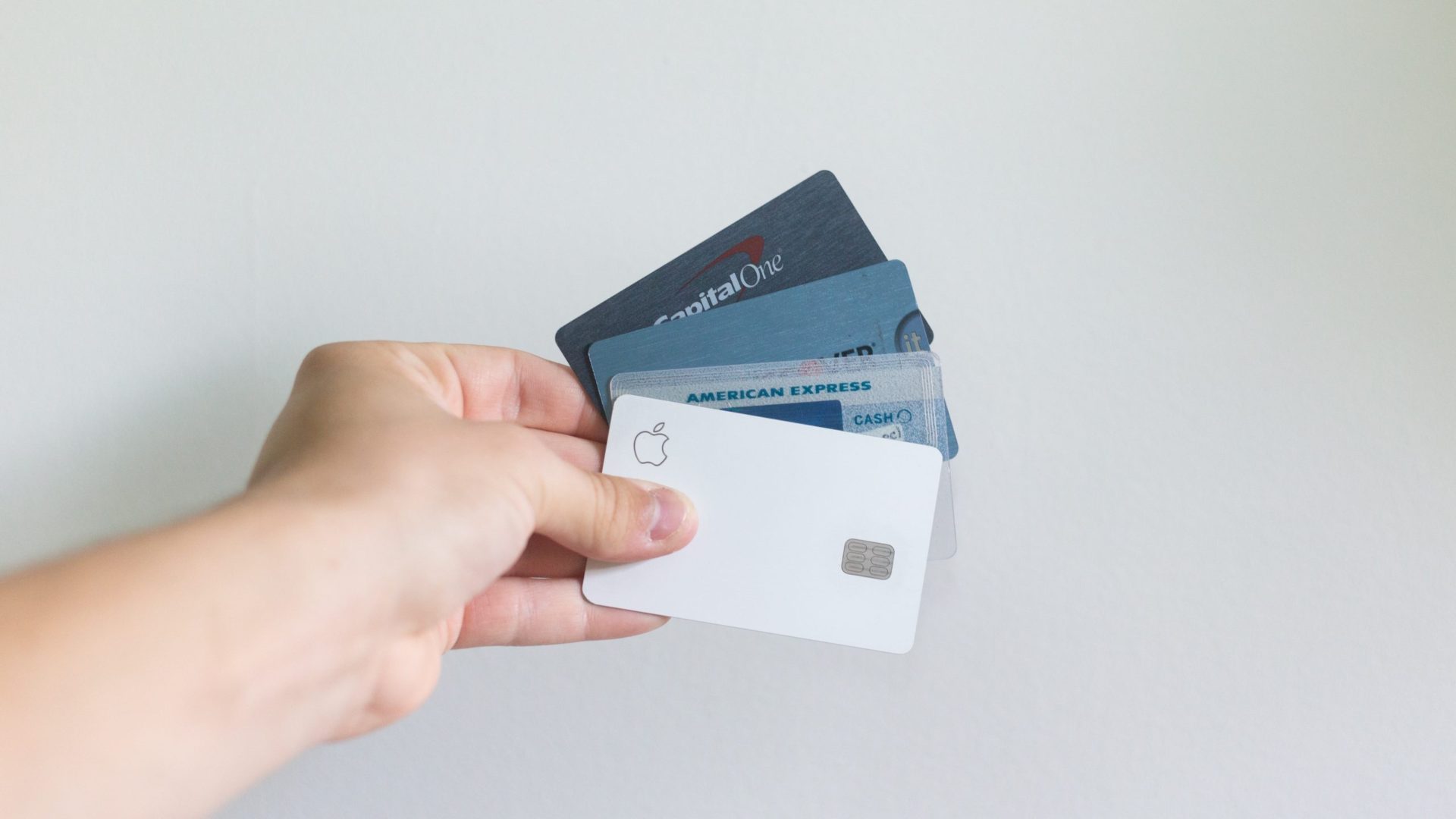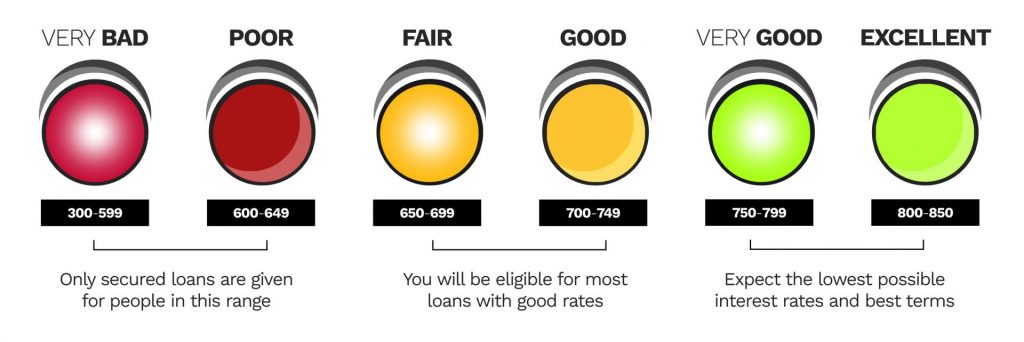
Your car is an indispensable part of your day-to-day life. Whether you’re driving kids to…

Credit score. These two words may seem to define your life decisions sometimes. If you’ve ever dealt with any financing operations you are definitely familiar with it. When renting an apartment, taking a loan (lease) for your house or car, you have to analyze your credit profile. Same thing happens when you want to know what credit score is needed to lease a car.
Gaining these numbers is more like getting on the next level playing arcade. When you want to access some advanced features, you need to get a particular score for that. Same as a credit score, it shows how financially reliable you are at paying off your debts.
As with any game, it might occur to have cheat codes. But if you know how to play the game, no one can trick or manipulate you.
When leasing a new car the company will consider your credit score for the estimation of a total cost. Regard the score of 650 and more as an eligible one for the most vehicle-related loan and lease processes. Just because your credit score is below 650 doesn’t mean you won’t be approved for a lease. However, you may have to pay more at the time of signing.
Answering the question of what credit score is needed to lease a car MoneyShake FICO use a rating between 300 and 850. It requires a score of 670 or over to be deemed as having “good” credit.

The answer is yes, you can lease a car with a lower credit score. Yet you’ll almost certainly need to make some concessions, such as by paying a higher interest rate or making a larger down payment.
For example, providers may accept applicants with a lower credit score if they can demonstrate that they can afford to make and keep to the monthly payments and the initial payment or the down payment as laid out in the agreement. Alternatively, providers may accept applicants with bad or no credit by limiting the pool of available vehicles.
Our company offers a wide range of choices. You may find any make and model here to fit your needs and lifestyle. Your personal lease expert will lead you through the whole process and offer the best options personally for you.
In case you happen to have a light credit profile, our assistants will work out the possible ways of a lease deal, which may include the qualified co-signer who might have a stronger credit score and be financially responsible for the deal.
What if you have a good credit score and you want to maintain it? Let’s see what are the tips and tricks to boost your credit score.
Of course, first and foremost is paying your bills accurately and with no delay to help raise your score. In fact, payment history is one of the primary categories reviewed by the credit card bureaus when determining your credit score.
FICO and VantageScore, which are two of the main credit card scoring models, both view payment history as the most influential factors when determining a person’s credit score. It indicates a person’s ability to keep up with their credit card payments and being reliable.
But your credit score isn’t just impacted by your credit card bills. You need to pay all your bills on time. That includes all your utilities, student loan debt, and any medical bills you might have.
To keep the track of your payments you may do the old-fashioned method of writing the due dates on a paper calendar. If you prefer a more modern strategy, there are many helpful smartphone apps for bills and budgeting.
When you get a credit card, you are handed the restrictions. If you want to keep your good credit score – do not violate them. Meaning is never getting too close to your credit card spending limit.
Let’s say your credit card limit is $1,000. Now you will be attentive and spend your money within the 30% limit of that amount as that keeps you at 30% utilization of your card, and the credit score people like that. So you can spend $300. If you spend more than 30% of your limit, that hurts your credit.
If you want to increase your credit score, though, you need to spend less than 30% of your spending limit. Only use $200 of your credit card limit or less as it shows the credit bureau that you don’t need all of their credit. This way it makes your credit score go up.
In case you really need to use your full credit card limit, you can do that and still build your credit score. One way to get around this is to pay your balance before your statement date. Your statement date is different from your payment due date. The statement date is the day that credit card companies notify the credit bureaus of your card usage.
It can sometimes be hard to find your statement date and it’s better to call your bank or credit card company directly and ask them when it is exactly. If you can beat them to the punch and it’s reported, you can use more than 30% of your spending limit. It doesn’t matter here what amount of money is there. The credit bureau considers you as a reliable client when you pay off your balance, in full, every month. It’s the habit that counts.
If you are considering opening a new credit card, do your research beforehand. It is very important that you don’t do it occasionally and without consistency. How often you apply for and open new accounts get factored into your credit score.
Open your new credit card when you know you can manage it effectively. Only take out credit if you know you won’t abuse it. Severe abuse of your credit is way more detrimental than having a “thin file.”
Make sure you don’t apply to too many credit cards over a short amount of time and send a red flag to issuers.
When you receive your credit report, you should read it over carefully to ensure that all of the details are correct. If you find any errors, you need to report it to the credit bureau immediately to have them removed from your credit report. If you don’t spot it on time, it may continue to harm your credit score, along with your chances of obtaining future credit.
About 25% of Americans have an error on their credit reports, so it’s important to take the time to review. Some common errors to look out for include fraudulent or duplicated accounts, as well as misreported payments.
If you know what credit score is needed to lease a car you can aim for it. You can get a free credit report from the three major credit bureaus: Experian, Equifax, and TransUnion. If you are not sure about some details of your credit profile and still hesitate to go for action, we are here to help you.
Click here to get your free consultation and have a detailed overview of your best options!
#enjoy your freedom with Grand Prix Motors!
Hear about the latest offers first, before everyone else.
Submit your desired Car and we will contact you shortly.